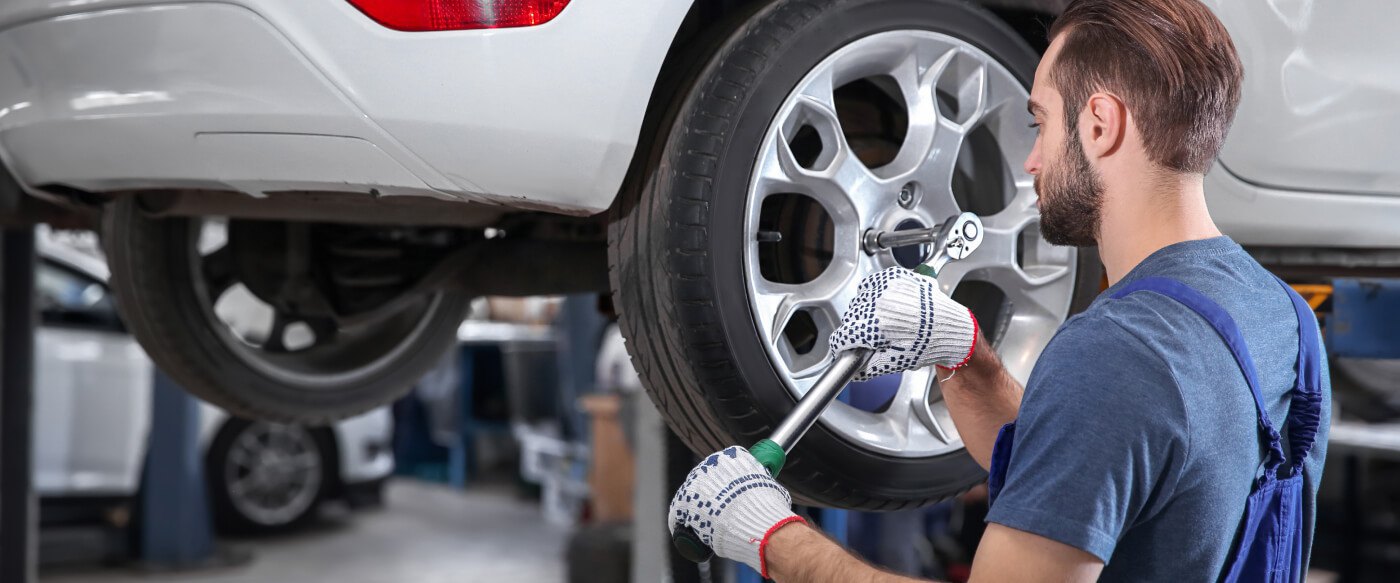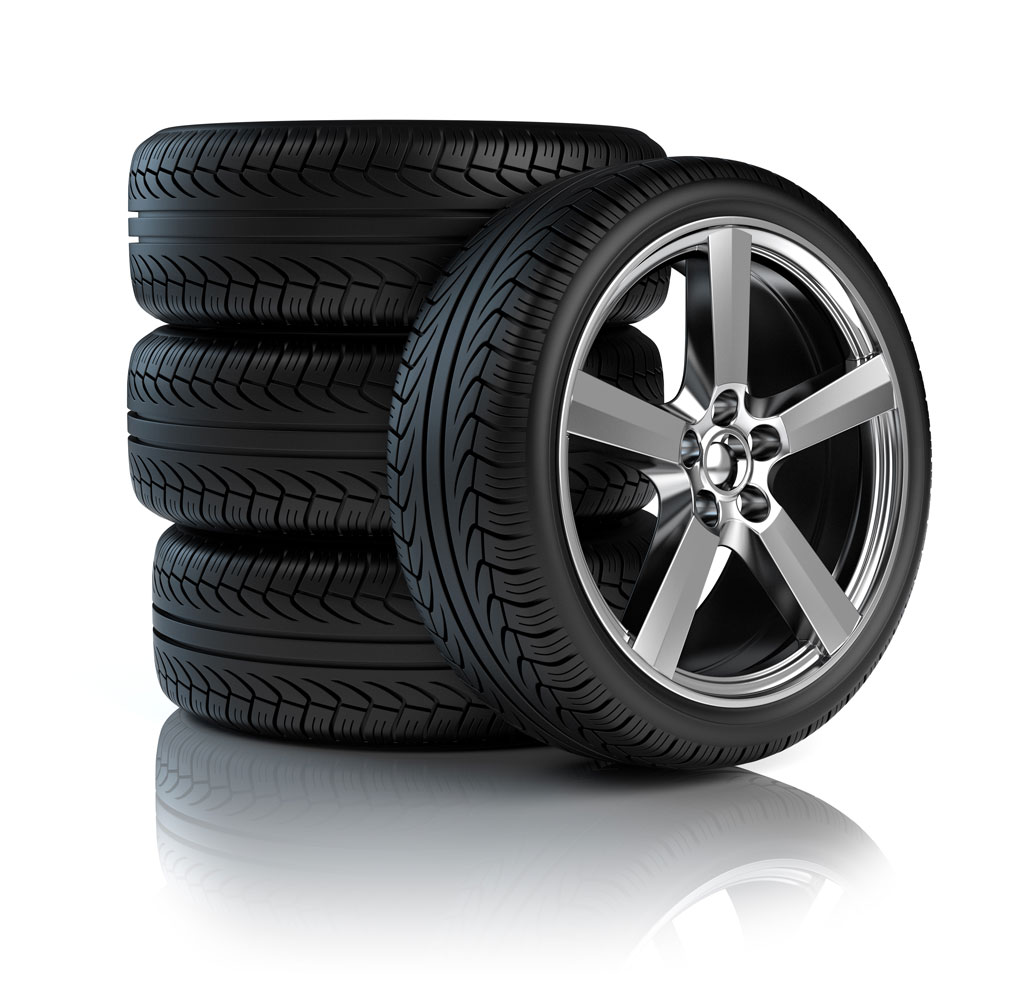Morris Tires: Where GMC Tire Service Meets High Quality
Morris Tires: Where GMC Tire Service Meets High Quality
Blog Article
Tire Solution: The Influence of Weather Condition Problems
When it concerns making sure optimum efficiency and safety and security on the road, comprehending the impact of weather on tire solution is critical. From scorching heat to icy roadways, each climate component can considerably influence tire performance and general driving experience. By diving into the impacts of differing weather conditions on tires, vehicle drivers can get valuable insights that may enhance their automobile's efficiency and durability. In this discussion, we will discover the complex connection between climate condition and tire service, dropping light on the importance of weather-specific tire upkeep techniques and considerations.
Warm and Tire Performance
When exposed to heats, tires experience adjustments in efficiency that can dramatically influence automobile safety and handling. The warmth generated from prolonged driving or hot climate conditions creates the tire rubber to soften, resulting in reduced walk life and raised wear. As the rubber becomes softer, the tire's grasp when traveling lessens, impacting braking distances and overall traction. In extreme instances, excessive heat can even trigger tire blowouts, positioning a serious safety danger to the vehicle and its occupants.

Cold Weather Impacts
Cold weather conditions can have a considerable effect on tire performance and safety and security. As temperature levels decline, tire rubber can solidify, causing lowered grip on icy or snow-covered roads. In winter, tires may also shed atmospheric pressure a lot more quickly, which can influence taking care of and gas performance. Additionally, chilly temperatures can create tire sidewalls to stiffen, enhancing the danger of damages from potholes or various other roadway dangers.
To reduce the results of winter on tires, it is critical to frequently check tire pressure and inflate them to the maker's recommended levels. Making use of winter months or all-season tires made for winter problems can additionally boost grip and hold on icy or snowy roadways. Appropriate tire upkeep, including normal inspections for wear and damage, becomes also more essential throughout colder months to make certain ideal efficiency and security.
Rainy Issues Impact
Throughout rainy conditions, tire efficiency and safety and security can be substantially influenced by the damp roadway surface areas and lowered presence. The walk pattern of tires plays a critical role in preserving traction on wet roadways. Tires with worn-out treads are much more susceptible to hydroplaning, where a layer of water accumulates between the tire and the roadway surface, resulting in loss of traction. To combat this, chauffeurs should frequently check their tires for ample walk depth and think about purchasing tires specifically made for damp conditions.
Furthermore, wet climate can additionally reduce presence, making it challenging for vehicle drivers to see the roadway ahead plainly (GMC Tire Service). In such conditions, it is important to adjust driving speeds as necessary and preserve a secure complying with range to permit for abrupt quits. Effectively filled with air tires can likewise aid in maintaining control on wet roadways by offering better handling and hold
Snow and Tire Security
When driving in snowy conditions, having the appropriate tires can make a considerable difference in security and performance. Winter season tires are developed with unique rubber compounds and tread patterns to offer far better traction on snow and ice contrasted to all-season tires.

Moreover, motorists need to consider mounting tire chains in severe snowy conditions. Tire chains give added grip by grasping the snow and ice, improving stability and control. However, it is necessary to adhere to manufacturer directions when utilizing and installing tire chains to stop damages to the tires and lorry. By picking the ideal tires, preserving proper inflation, and considering added traction aids like tire chains, vehicle drivers can boost their security when browsing snow-covered roads.
Weather-Related Tire Upkeep
When confronted with various weather, appropriate tire maintenance comes to be a crucial facet of vehicle safety and efficiency. Weather-related tire maintenance incorporates a variety of practices targeted at ensuring optimal tire function and longevity in various climate circumstances. One essential aspect of weather-related tire upkeep is tire pressure guideline. Varying temperature levels can create tire stress to differ, affecting grip and fuel performance. Regularly inspecting and adjusting tire pressure according to maker suggestions is necessary for safe driving in transforming weather conditions. Furthermore, tire tread depth plays a substantial duty in dealing with different weather aspects. Tires with sufficient tread depth offer far better grip on wet or icy roads, minimizing the threat of skidding or hydroplaning. When tread wear reaches a specific deepness is important for preserving grip and stability in unfavorable weather, inspecting tire walk frequently and replacing tires. By prioritizing weather-related tire maintenance, motorists can enhance security, boost automobile efficiency, and prolong the lifespan of their tires.
Verdict
In verdict, weather condition conditions have a substantial impact on tire efficiency and safety. From warm influencing tire stress and wear to cold climate lowering grip, it is necessary to consider the weather when preserving and utilizing tires.
In this discussion, we will certainly explore the elaborate connection between weather condition problems and tire service, shedding light on the value of weather-specific tire upkeep methods and factors to consider.

Report this page